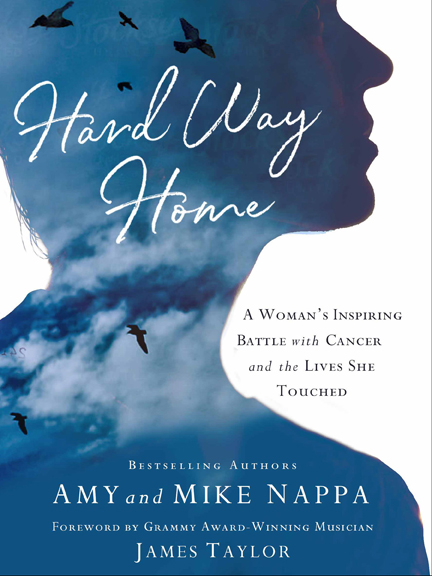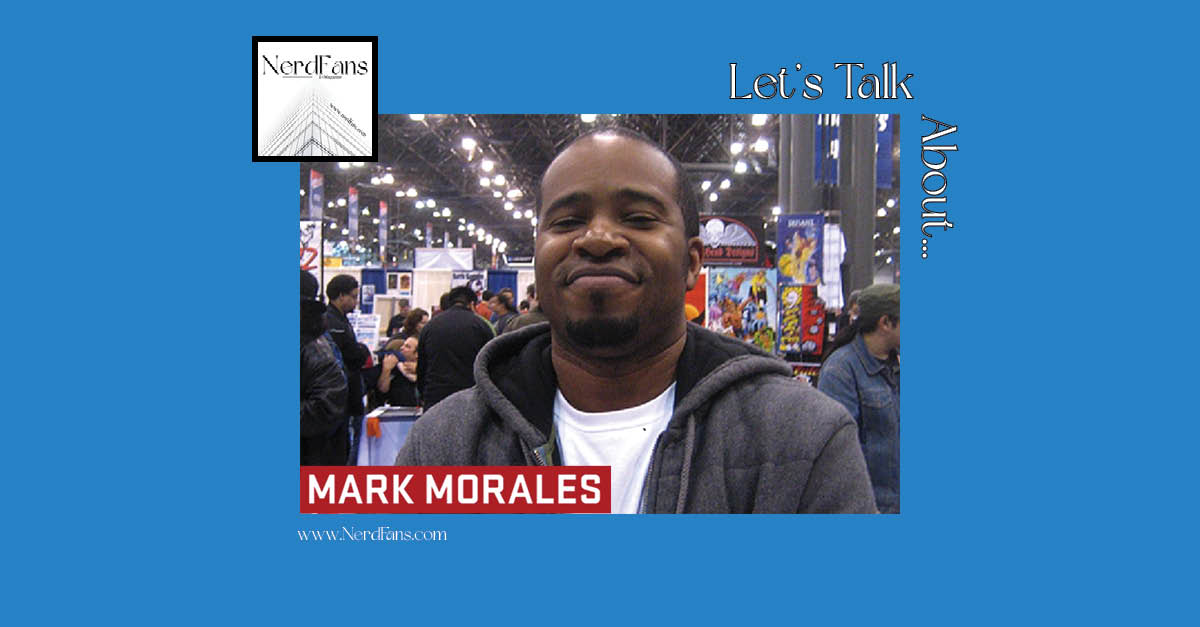An Editorial Team reason for rejection
Want to hear about the stupid, lazy things I did today?
For starters, I’d planned to spend my morning pitching a couple of my clients’ books to publishers and then to dedicate my afternoon to writing more of this book you’re reading. A reasonable strategy. But I got behind on my morning schedule and started taking shortcuts to speed things up.
First, I whipped off an email query to an editor Peachtree Publishing. It’s a query I’d carefully crafted and even used before, so I barely glanced at it before I sent it. The only problem was…I’d used it before.
Apparently I was smart enough to change the salutation at the top of the email, but in the body of the letter I made this bold statement: “I feel confident that you and your team will see this one as a perfect fit in a future line of books from Workman Publishing.”
I can hear the Peachtree editor grumbling already. “Mike, if this is a perfect fit for Workman, then why’d you send it to me?” Grr.
Oh, and it doesn’t stop there.
After sending out this inappropriately targeted query, I went back and took a look at my personal notes regarding this um, veteran editor. (I was hoping we’d connected in the past—and that she might’ve liked me enough to overlook my faux pas.) Here’s what I found: “Do NOT email queries—this editor will not review any submission received this way. All queries and manuscripts must be sent by US Mail.”
Double Grr. My book is now dead in the eyes of this editor. If I’m lucky, she’ll overlook my stupidity and send me a rejection letter. More likely, she’ll simply ignore me (something I call the dreaded “pocket rejection”) and move on to agents who aren’t quite as stupid or lazy as I was today.
As if that wasn’t enough, today I also was pitching a new fiction novel for kids to publishers. In my haste to get through my list, I sent a passionate query to an editor Hyperion.
She rejected the book about four minutes later.
Do you see why? (If not, you’re as bad as I am.)
Look at it. I sent the query to Hyperion (the adult division) instead of Hyperion Books for Children (the kids’ book division). Yes, I’ve got these editors and imprints listed separately in my database. Yes, I should have known better. I was just too lazy to look twice and make sure I got the right info when I copied it out.
So, in the space of about half an hour today, I got two near-instant rejections—and I deserved them both. Why? Because I was lazy.
Lesson learned (again). And it’s one you’d better learn quickly if you want to avoid the same fate as mine was today.
What You Can Do About It
1. Measure twice, cut once.
We touched on this a little bit in Reason #13, and now you can see that sometimes it’s laziness in the simple things that sabotages our best efforts in the pursuit of publication.
Look, we all know that things like sending out query letters and creating a detailed market analysis are boring and tedious jobs. But attention to detail in those areas can be the difference in whether or not your book gets read by an agent or an editor.
There’s an old proverb among construction workers that goes something like this: “Measure twice, cut once. Measure once, cut twice.” The idea here is that if you measure your piece of lumber twice—double-checking to make sure it’s accurate—then you avoid making a mistake that could cause you to have to start all over again from scratch.
That’s the kind of attitude you must take when sending out queries. Double-check names. Double-check addresses. Make sure you’re aiming at the right targets. Do all the mundane detail work that guarantees you get the best result—every time.
2. Treat every editor (or agent) as if he or she is the only one to whom you’re sending your book.
Obviously I failed in this area today—and it cost my authors two opportunities to publish. You know how rare a publishing opportunity is, so you can guess what an enormous cost my laziness had today. Don’t make the same mistakes I did.
Yes, when creating a proposal pitch and/or a query letter, you will out of necessity put together a “one size fits all” approach. And you will clearly need to send it out to as many editors and/or agents as you can, because that simply increases your odds of publication. But when I receive your query or pitch, I should never be made aware that I am just one of many you are trying to woo. That’d be like asking a whole sorority out for a date. Sure it’s possible that one of the girls in the sorority might be willing to join your for a dance…but not if she thinks you might dump her at any instant if one of the other sisters shows up.
So, tailor your generic pitches with individual editors or agents in mind. Make each of us think we’re your #1 choice. Maybe we’ll be flattered enough to return the favor.
3. Do what’s required to give your book the best opportunity.
Several years ago my wife, an executive editor at a mid-sized publishing house, spoke at a writer’s conference. She met an aspiring author with a great idea for a book. Amy wanted to publish the book, but it needed just a little bit of extra work to make it something that would pass the publishing committee. So Amy told this writer exactly what to do to get her book published. “Then send it to me directly,” she said, “and I’ll take it from there.”
Months passed. Nothing.
The next year at the same writer’s conference, Amy saw the author again. “I know I have to get that revised proposal to you,” the author said with embarrassment. “I’ll do it soon.”
Long story short, three years later that author still hasn’t done the work Amy asked for. Yet the author keeps coming back to the writer’s conference every summer, trying in vain to find an editor who wants to publish her books.
“I could have published that book,” Amy told me after the last conference. “In fact, I would have published it. But this author was too lazy to follow up.”
If you want to publish, you’ve got to be willing to do the work it takes to optimize every opportunity. If you don’t want to do the work, all the writer’s conferences and workshops in the world won’t do you any good. Remember, there’s no such thing as a lazy writer…there’s only those who get published and those who don’t.
Looking for more? Check out these links:








